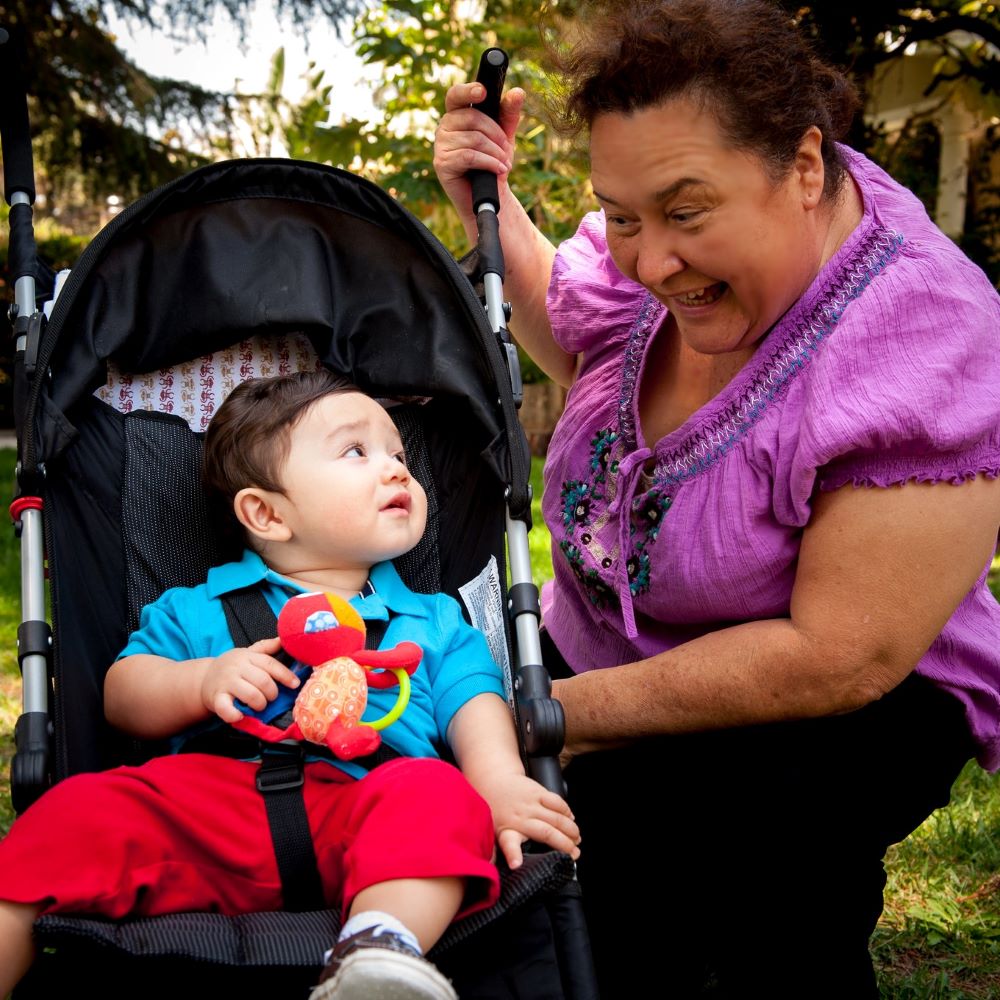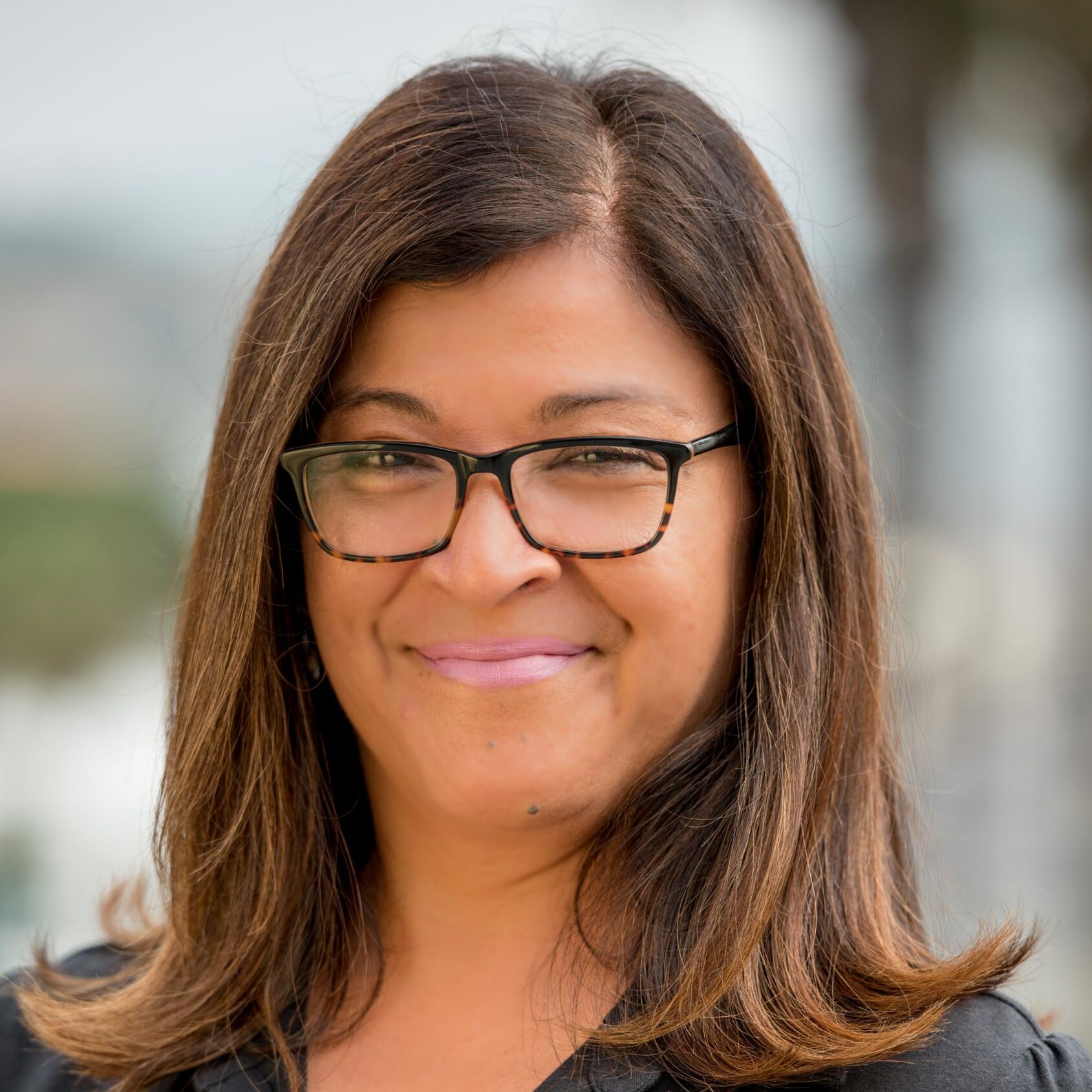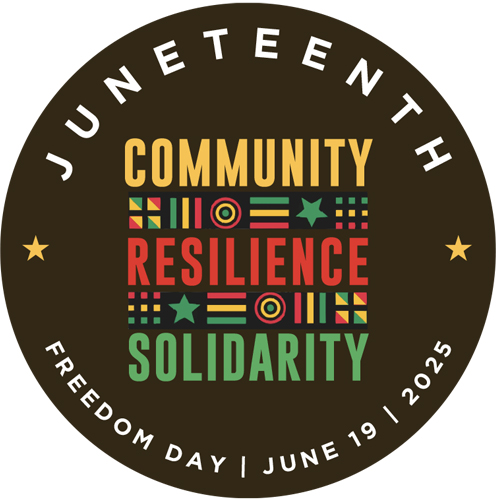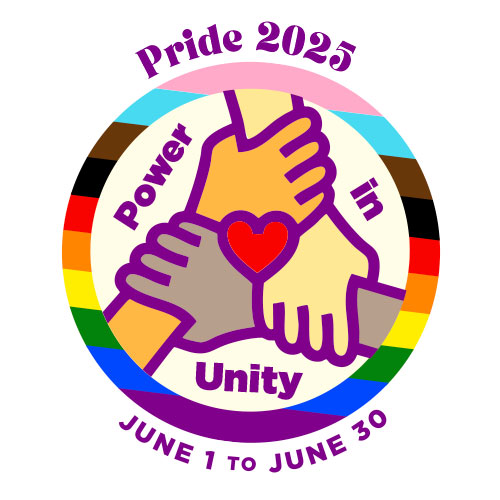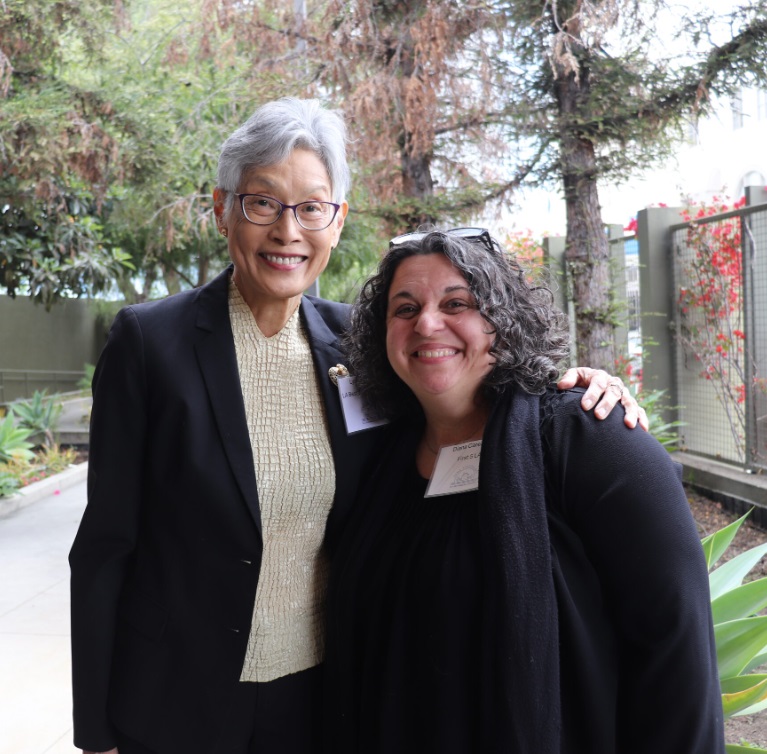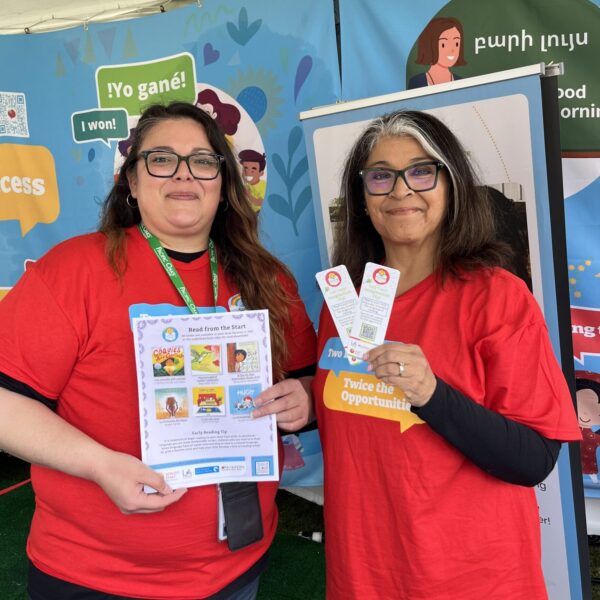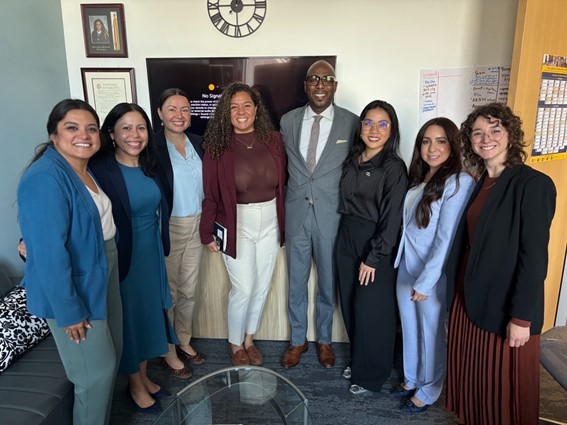August 17, 2023
Supporting the optimal development of L.A. County’s youngest children means ensuring that the family-serving systems that touch their lives and those of their families promote belonging and justice. This is especially true in the case of communities that experience significant inequities due to historical and structural racism. One of the ways in which public entities and system partners can achieve this goal is to turn our attention to a group of providers who are often overlooked but support L.A. County’s diverse range of families where they actually are and when they need it the most: home-based child care providers.
Home-based child care (HBCC), both licensed and license-exempt, is the primary setting of non-parental care in L.A. County and is particularly conducive to the care of infants and toddlers. HBCC — the overarching term for both Family, Friend and Neighbor (FFN) care, an informal type of child care, and Family Child Care (FCC), which is care offered out of a provider’s home — often offers families more flexible hours, more affordable pricing, and more cultural and linguistic competence when compared to center-based settings. Yet despite their prominence and strengths, relatively little is known about these providers and what supports they need to provide the best possible care for children. As such, fewer public resources and targeted supports are available to them compared to center-based child care.
To gain a clearer picture of how First 5 LA and partners can support HBCC providers, First 5 LA — in partnership with the Child Care Alliance of Los Angeles (CCALA) and the Child Care Resource Center (CCRC) — launched a landscape analysis of L.A. County’s HBCC providers. This included gathering survey data from both parents and HBCC providers, conducting focus groups and holding interviews with FCC providers. Following the collection of data, we convened sense-making sessions with providers, partners, parents and community-based organizations to help broaden the lens of the findings and ensure that those with lived experiences closest to the data could provide authentic insight into its meaning as we develop strategies based on the analysis that support HBCC providers.
A clear theme that emerged from the Landscape Analysis was that home-based child care providers are critical to families. However, like the families they serve, HBCC providers — the vast majority of whom are women of color — face challenges and barriers caused and exacerbated by historic and ongoing systemic racism. Despite these challenges, providers are uniquely positioned to support families’ ability to thrive, especially when looking at the sheer number of L.A. County families who utilize HBCCs because of their cultural competence, flexibility and affordability. These include families with infants and toddlers, low-income families with parents working non-traditional hours, immigrant and multilingual families who rely on support in their native language, those living in rural communities who don’t have access to center-based care, families of color and families with children who have disabilities.
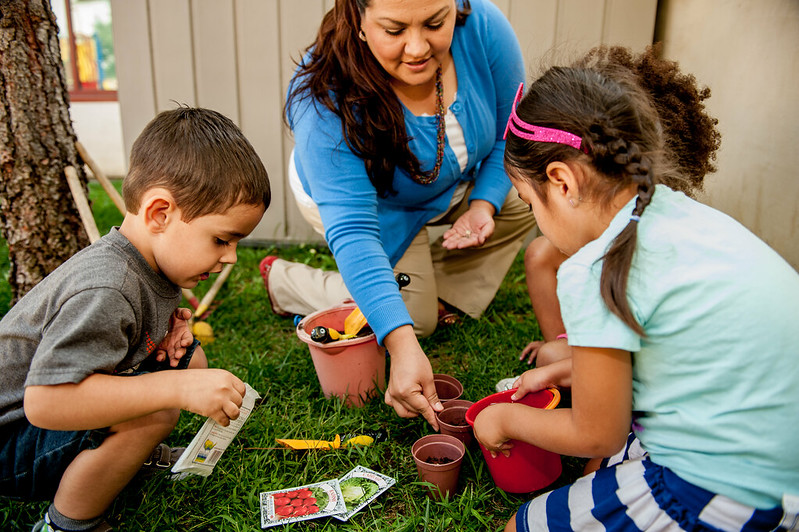
Hearing directly from HBCC providers is a crucial ingredient in any strategy to advance equitable access for families and home-based child care providers. As part of this work, First 5 LA has convened an advisory workgroup made up of FCC providers who continue to impart more about the shared reality faced by ECE workers providing care out of their homes: They are significantly underpaid and undervalued, even more so than center-based child care workers. A livable wage and other benefits are necessary to rectify the harm of systemic inequities and give this workforce the dignity and respect they deserve.
We’ve also heard that the current way HBCCs interact with the state’s ECE system lacks transparency and is difficult for both providers and families to navigate. To help inform what a more equitable system could look like, First 5 LA’s ECE team recently went to New York City to meet with the network of community-based leaders who operate the local HBCC system. Through a grass-roots effort led by providers, the system is now made up of a staffed network of ECE community-based organizations and child care providers who have direct access to policymakers and are supported by a centralized enrollment and support system that benefits both providers and families. New York City’s model would not have been possible without a power-sharing approach that centers the leadership of providers and the voice of families.
When families participating in First 5 LA’s Landscape Analysis were asked how they found their home-based child care provider, they often reported being connected through a trusted voice such as a family member or friend; this signals that the system is built on trust. HBCC providers deserve the same trust and respect from partners and decision-makers when it comes to sharing power and shaping policy. To promote equity and belonging for communities that experience significant inequities in the goal of supporting the optimal development of young children, early education stakeholders, system partners and policymakers must center the lived experiences and expertise of HBCC providers and bring to the table this critical group who support the diverse range of L.A. County’s families as we strengthen the system to work better for both child care providers and families.
